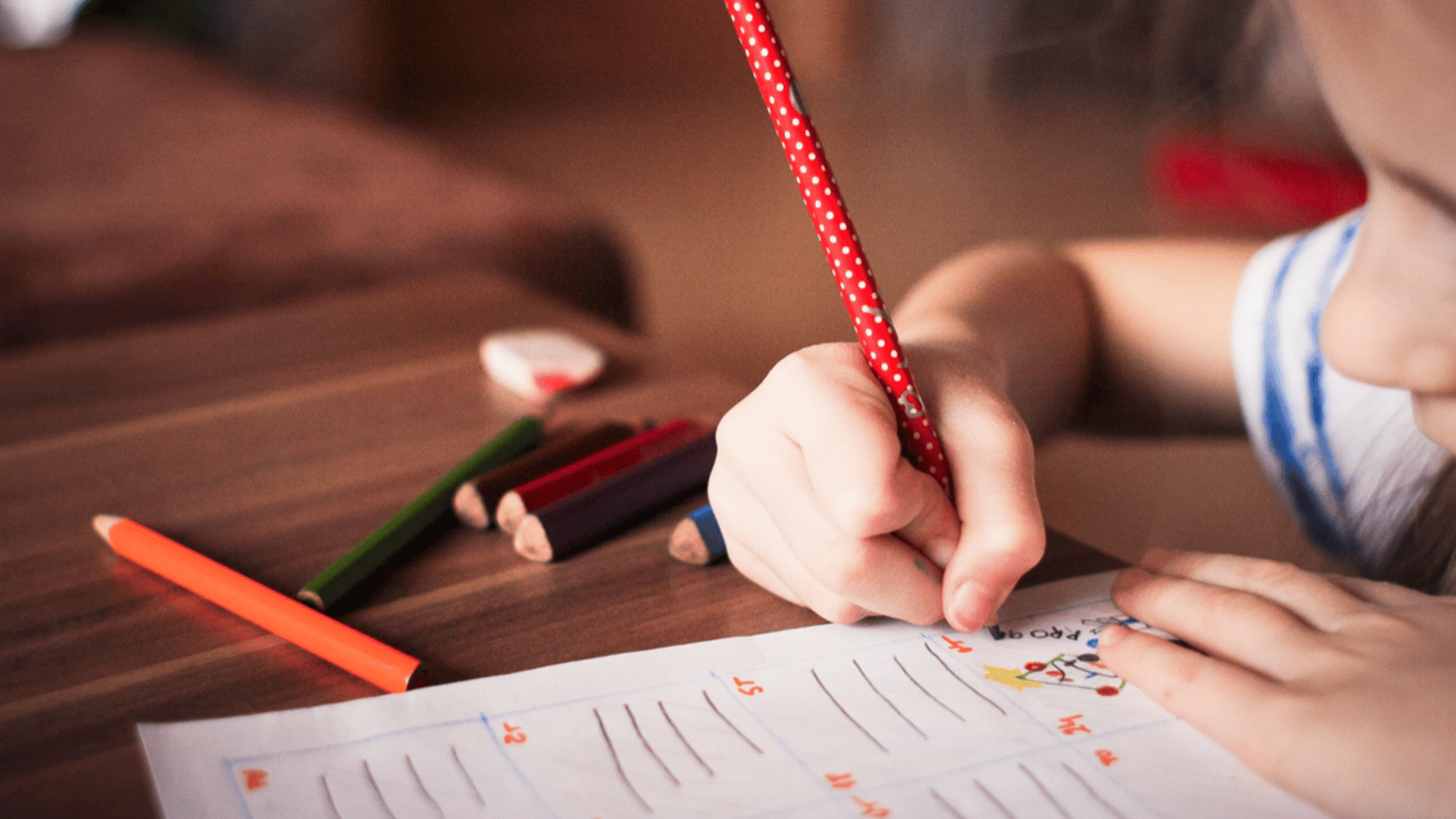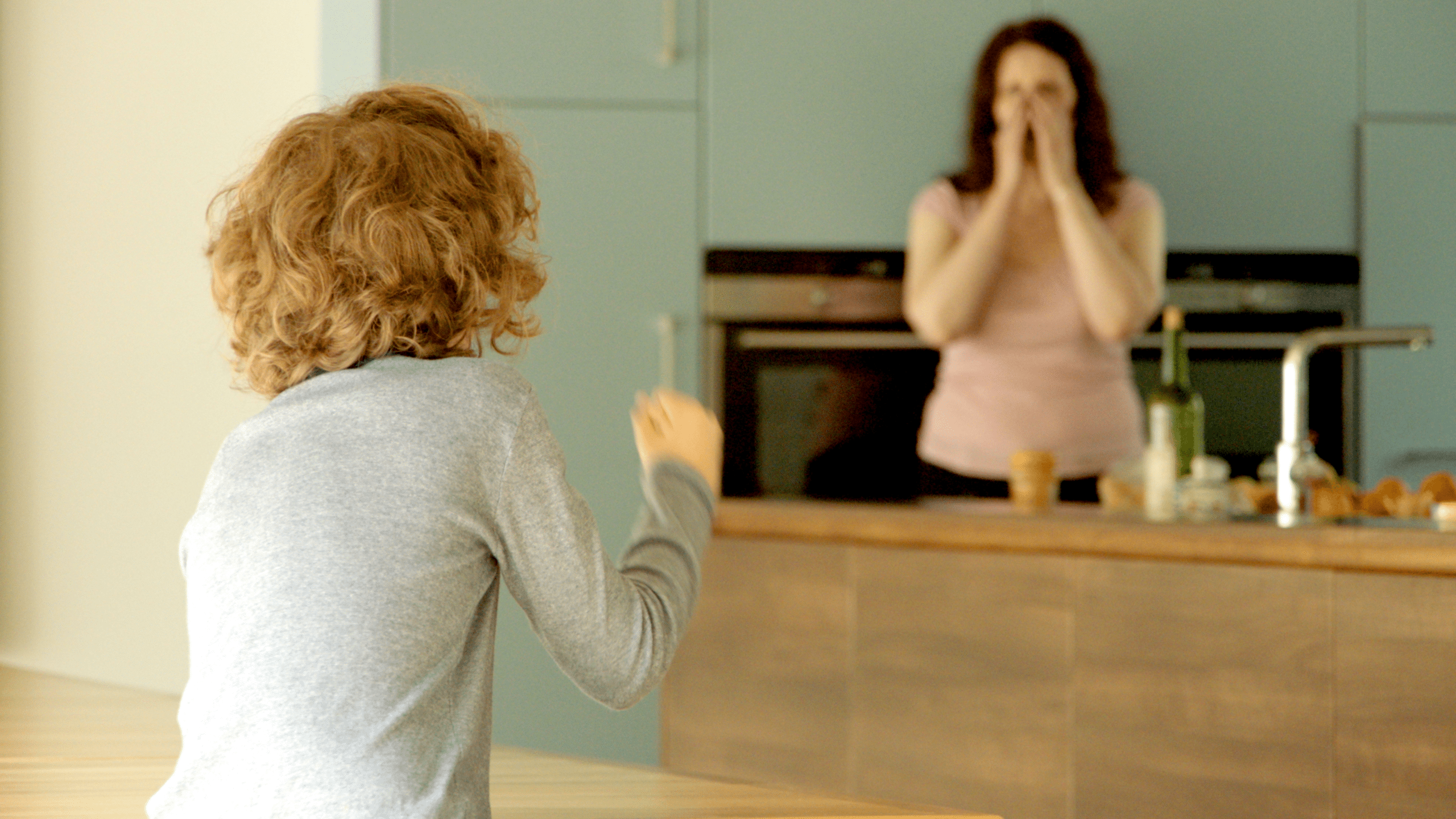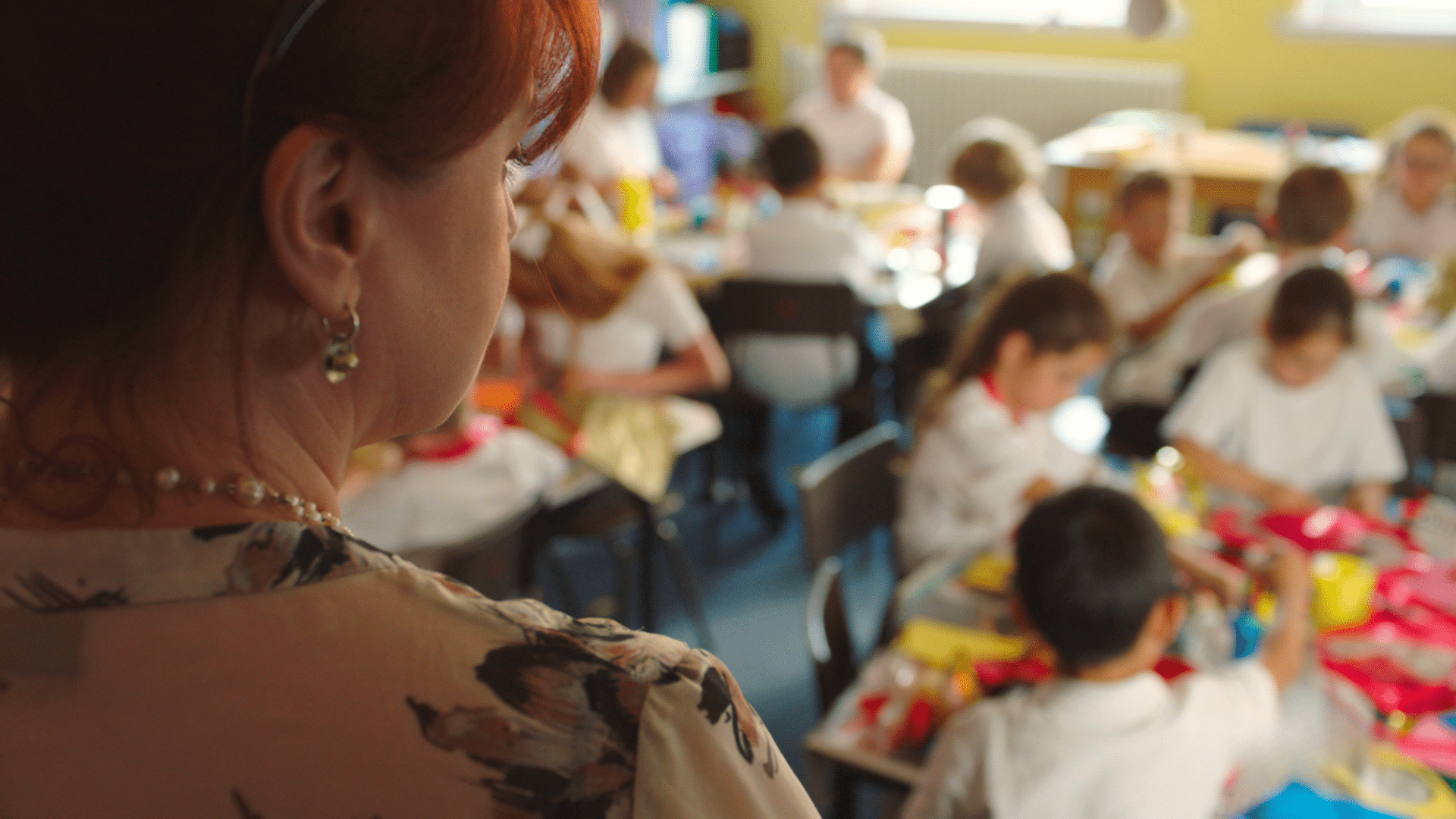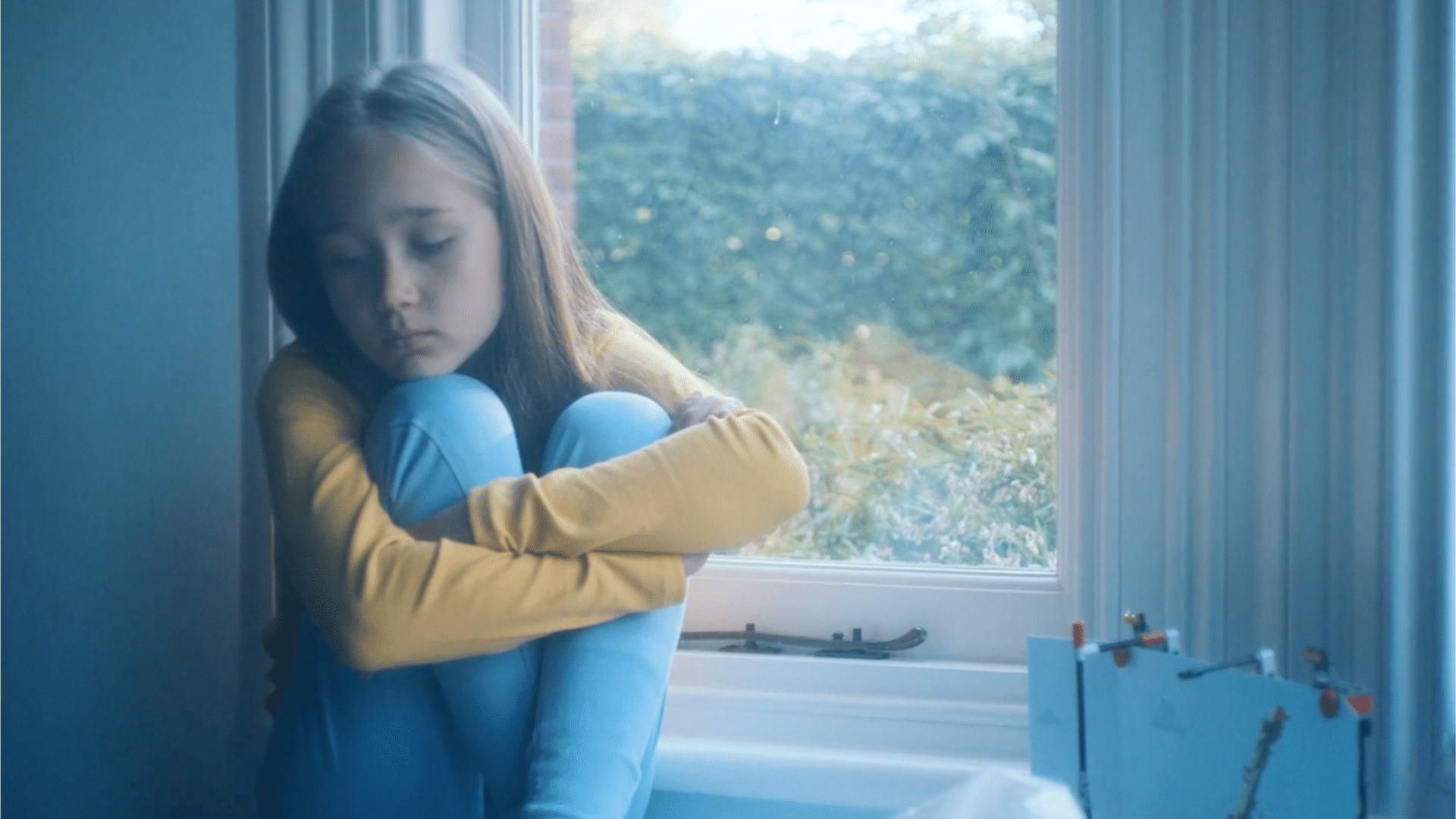
Restrictions in the UK have had a huge impact on schools and the education system ever since the first lockdown in March 2020, with schools closing, exams being cancelled and children’s education disrupted.
Parents and guardians across the UK built home learning into their daily routine, but this wasn’t without it’s challenges. Here are five ways you can support your child’s mental health while they are being educated at home.
Listen to their concerns
One of the best ways that you can help your child is by listening to and acknowledging their concerns – no matter what they may be.
Children respond to fear and uncertainty in very different ways, and it’s important that you look out for and react to signs which could indicate your children is struggling. Alongside this, ensure that they are not exposed to scaremongering media stories, news and speculative gossip; all of which can create unnecessary anxiety.
Be aware of how you react
It’s normal for parents to feel overwhelmed, particularly in such uncertain times as these. However, be aware that your reactions are not only on show to your children but can in turn impact them too.
This is why looking after your own mental health is and remains such an important part of supporting your child’s own mental wellbeing.
Find safe ways for them to interact with others
Whether it’s through online games, Zoom video calls, or phone calls, encouraging your child to interact with extended family and with friends their own age will help them to retain some sense of normality.
One of the broadest concerns throughout lockdown, especially for parents, has been the lack of interaction that children have been able to have with friends and peers. Establishing a regular routine, where they are able to safely chat to those their own age is incredibly important and will be beneficial when it comes to ultimately readjusting to normality again.
Be realistic
Sometimes you will have good days where home learning goes smoothly and both you and your child are happy to work together productively. Other days will go in the opposite direction, likely fuelled by frustration and a lack of motivation.
The important thing to note here, both for your child’s and your own mental health, is that you can only do your best. Be realistic with your goals: set aside a couple of hours per day for academic learning and consider spending the rest of the ‘school day’ encouraging personal development in other areas.
Some of our top suggestions include:
- Reading and writing whatever your child wants
- Playing outside and helping in the garden
- Baking or cooking together
Keep a productive routine
One of the government’s primary concerns for children during lockdown has been a reassurance of safety. That is, reminding your child that they are safe even amid all the uncertainty.
One of the best ways of doing this is through the establishment of a routine. This mimics their school day, but in a way which works both for them and for you. Factor in playtime and down time, encourage both online and offline learning, and don’t give them too many treats (as rewards or as bribes) throughout the day!
If you start to become concerned about your child’s mental health at any stage during the lockdown, head to our Help page which outlines the next steps for a wide variety of concerns. Alternatively you can head to the government website and read their own recommended resources. These include this Coronavirus for Children pamphlet which introduces the virus and the lockdown in such a way that children can understand the situation.
Browse our website to learn more about home learning for children, mental health conditions and where to seek help.





